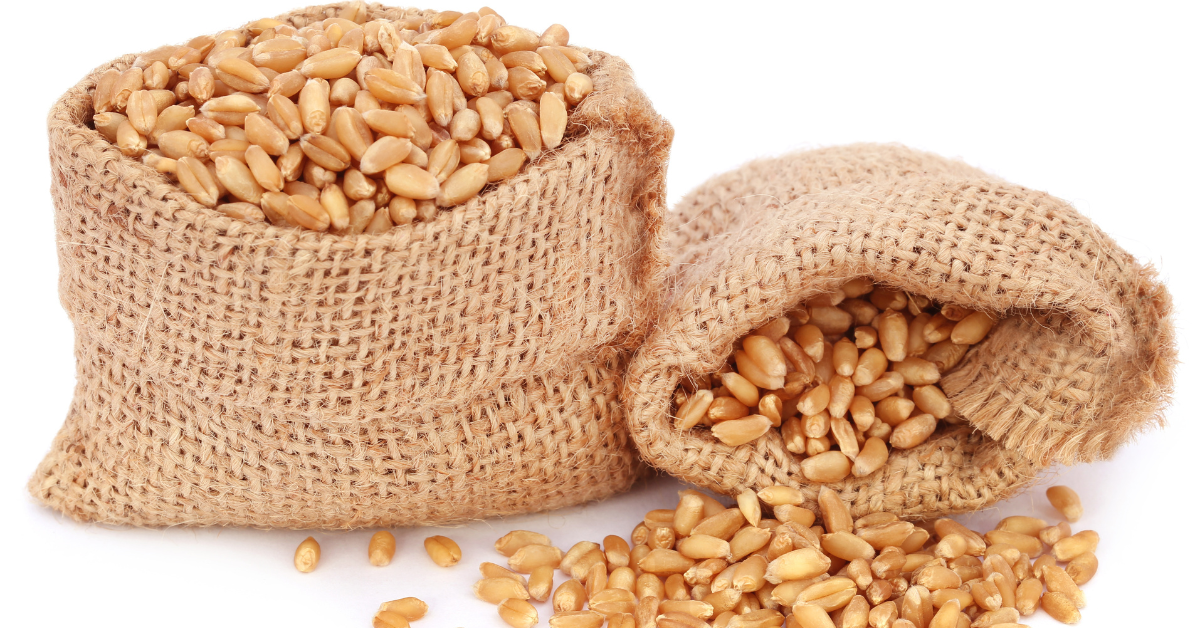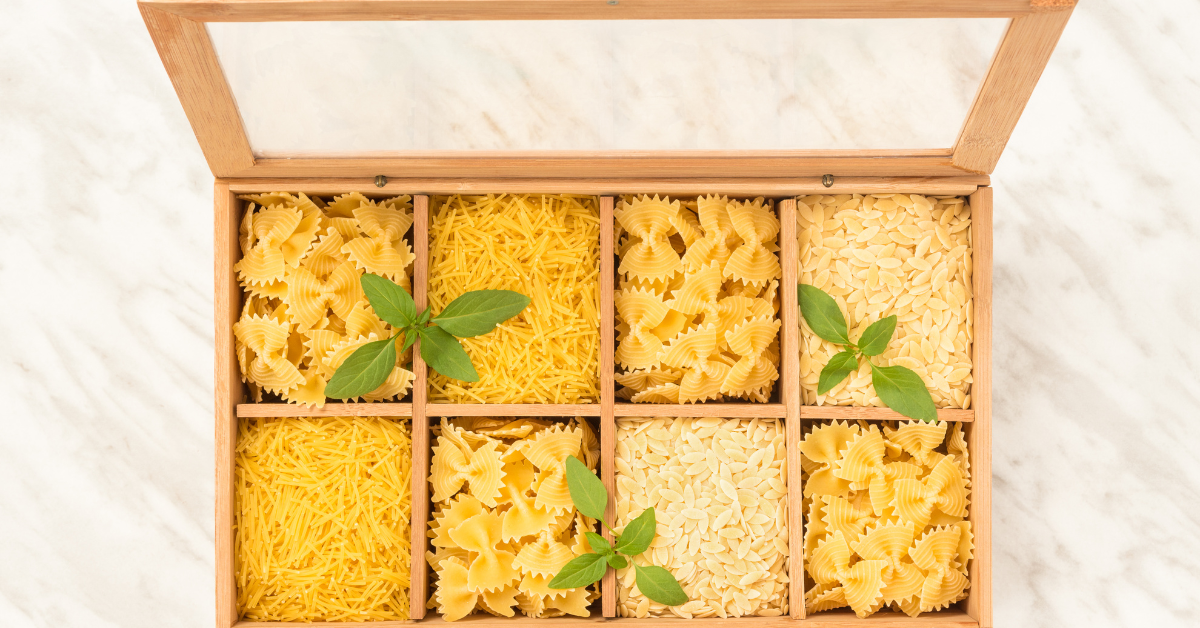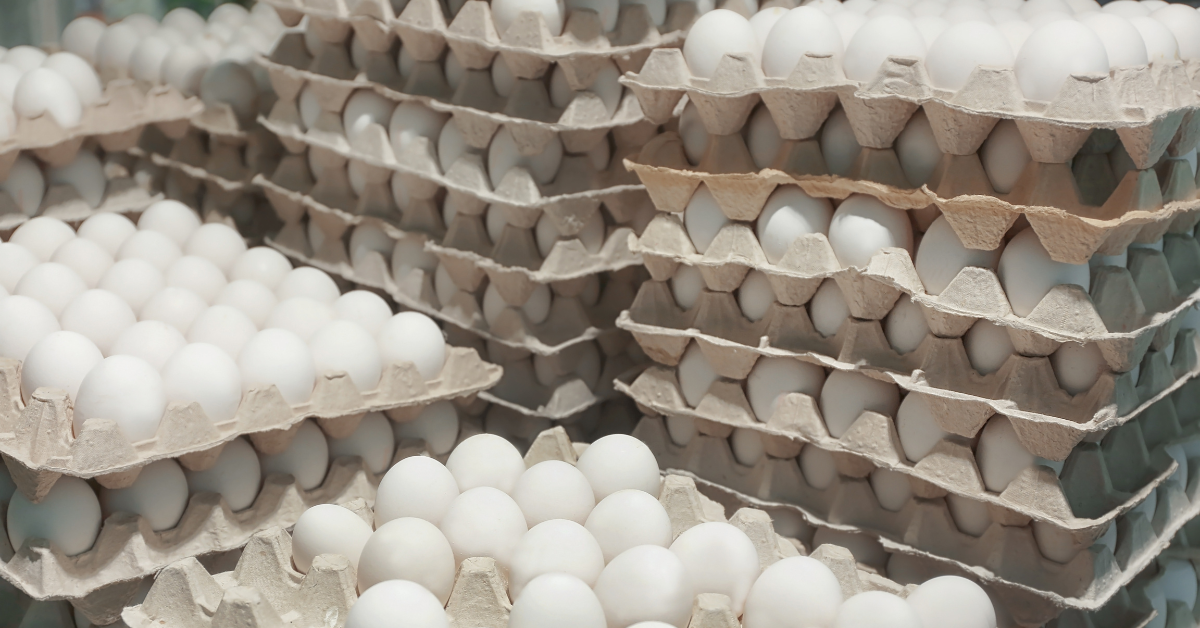There are few things in the world as fulfilling as growing your own food. However, if your garden is super bountiful, you’ve probably wondered how to preserve garden vegetables, so you don’t waste the fruits of your labor.On top of not wanting to waste fresh food, you probably also want to preserve your food to keep your family fed.
Knowing how to store vegetables from the garden isn't just about reducing waste. It's also a crucial part of emergency preparedness. Whether you're dealing with natural disasters, civil unrest, or other emergencies, a stored supply of preserved garden produce can ensure your family remains fed and safe.
Preserving Your Harvest: The Art of How to Store Vegetables from the Garden

There’s no singular catch-all strategy for properly preserving garden vegetables. Instead, we recommend employing multiple storage solutions to take full advantage of your bountiful garden harvest. For example, depending on the crop, you may want to pickle the food item instead of dehydrating it.
Read on to learn six of our go-to strategies for storing garden vegetables. That way, you and your loved ones can be prepared and well-fed during an emergency or when food becomes too expensive.
Methods to Consider When Preserving Garden Vegetables
Here we cover six key methods for storing garden vegetables, providing you with the knowledge to be prepared and well-fed during any emergency situation.
The Process of Canning Your Garden Vegetables
Canning vegetables is one of the most tried-and-true methods for storing garden vegetables. Preppers love canning their garden harvests for this reason.
Canning vegetables is fairly straightforward; however, it can be time-consuming. It’s also important to mention that bacteria can develop and spoil your food if canning is done incorrectly. So if you’re a first-time canner, we recommend researching canning first.
Drying and Dehydrating: Storing Garden Vegetables for Long-Term
Dehydrating the food from your harvest is another excellent strategy for preserving vegetables. Nowadays, all sorts of fancy gadgets dehydrate your food for you. However, they can be expensive.
But no worries—if a dehydrator doesn't fit your budget, you can still dehydrate your food. Simply slice up your harvest, set your oven temperature to its lowest, and leave your food there until it has shrunk and become crispy. Once your food is dried, seal it up in an airtight container for bulk food storage and save it for emergencies for food supply shortages.
And if you want to avoid the dehydration process altogether, you can let the pros handle the freeze-drying process and just order your freeze dried vegetables ready to go.
Preserving Your Herbs: The Art of Drying

Fresh herbs can be preserved for the long run by hanging them up to dry. Our favorite herbs to dry are:
- Rosemary
- Thyme
- Basil
- Oregano
- Dill
- Sage
Drying your herbs is simple. Simply harvest them in bulk, then hang them up in a cool and dry location. We recommend the kitchen pantry as a prepper pantry idea so you can enjoy the aromas and keep an eye on the process. Once the herbs have completely dried out, you can crush them up and use the herbs in shakers or save them for later in glass jars.
Pickling Your Harvest: An Effective Way to Preserve Your Garden Vegetables

Pickling your food is another effective strategy for long-term food preservation. Pickling differs from canning because of the brine. Typically, a pickling brine includes vinegar and a spice (or several). Our favorite foods to pickle are:
- Cucumbers
- Cabbage
- Beets
- Carrots
- Onions
- Peppers
Effective Ways of Storing Garden Vegetables
Sometimes, the simplest and most effective way to keep garden vegetables is to store them strategically. Some fruits and vegetables will keep for months if you store them correctly. Before storage, make sure to remove any blemished specimens and remember to check your food regularly.
- Apples and pears can be wrapped in newspaper and stored in a single layer.
- Carrots, beets, and potatoes store nicely in dark places, especially when covered in a thin layer of sand.
-
Onions, shallots, and garlic can be dried in a cool, dry, and dark location with good ventilation.
When properly storing food, we recommend not washing your produce beforehand. Ironically, prematurely washing your food may decrease its lifespan. Instead, we recommend only washing your food when you are ready to eat it.
To Refrigerate or Not to Refrigerate your Vegetables
Refrigerating your harvest will make or break the longevity of your food. In other words, some fruits and vegetables do well with refrigeration, but others do not. See below to find out what goes in the fridge and what should be kept on the counter.
|
In the Fridge |
On the Counter |
|
● Asparagus |
● Tomatoes |
|
● Squash |
● Melons |
|
● Broccoli |
● Lemons |
|
● Cauliflower |
● Stone fruits (except cherries) |
|
● Green beans |
● Onions |
|
● Peppers |
● Potatoes |
|
● Berries |
● Oranges |
For refrigerating herbs, like mint or cilantro, it’s best to store them like a bouquet of flowers. All you have to do is put the herbs in a cup filled with water and place a plastic bag over the top to retain moisture.
Freezing: A Convenient Way to Preserve Your Garden Vegetables

Freezing some of the food from your harvest is an excellent way to preserve your food in an emergency. However, an obvious downfall of this strategy is that your food will spoil in the event of a power-grid failure.
On the other hand, if you are in one of the best place to live off the grid, you won’t have to worry about losing power during a blackout. But if you like freezing the fruits and vegetables from your garden, or the meat from hunting season, we recommend keeping a generator ready in case of a power outage.
Incorporating Fermentation in Preserving Garden Vegetables
Another often-overlooked method of preserving vegetables is through fermentation. This process not only increases the shelf life of your vegetables, but it also boosts their nutritional content. Fermented foods like sauerkraut, kimchi, and pickles are delicious, nutritious, and excellent for long-term storage.
Final Thoughts On How to Preserve Vegetables
You never know when an emergency may arrive. For that reason, your survival needs to be prepared. And part of the preparation is preserving your food. There is plenty of high-quality and nutritious freeze-dried food you can buy. But some of the best food is what is grown in the garden at home.
Don’t forget that the food you grow is only as good as the strategies you utilize to preserve it. We recommend you take some time to find the best methods for you and for the food you like to grow. Your hard work planting survival seeds in the survival garden and canning food in the root cellar will pay off the next time a disaster strikes.
You never know when an emergency may arrive. Your survival needs to be prepared, and part of the preparation is preserving your food, whether you've grown in in your small space garden or on your farm in your best place to live off the grid.
Even though preserving your own produce is important, having a reliable source of emergency food, such as those offered by Valley Food Storage, can be a game changer in times of crisis. Consider supplementing your home-preserved food with our ready-made, long-lasting emergency food products for extra peace of mind.




